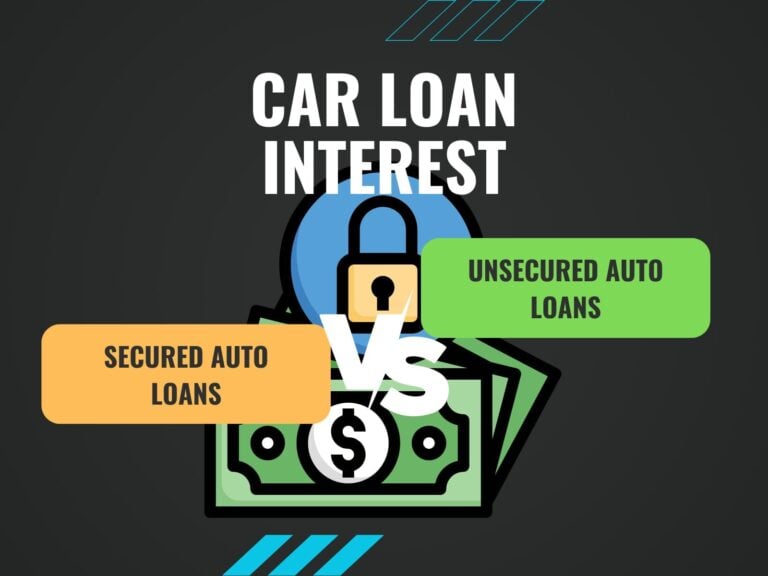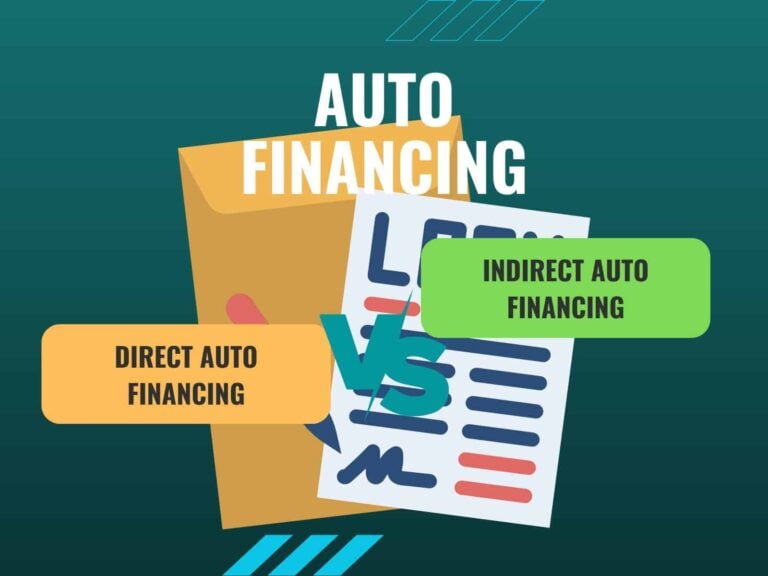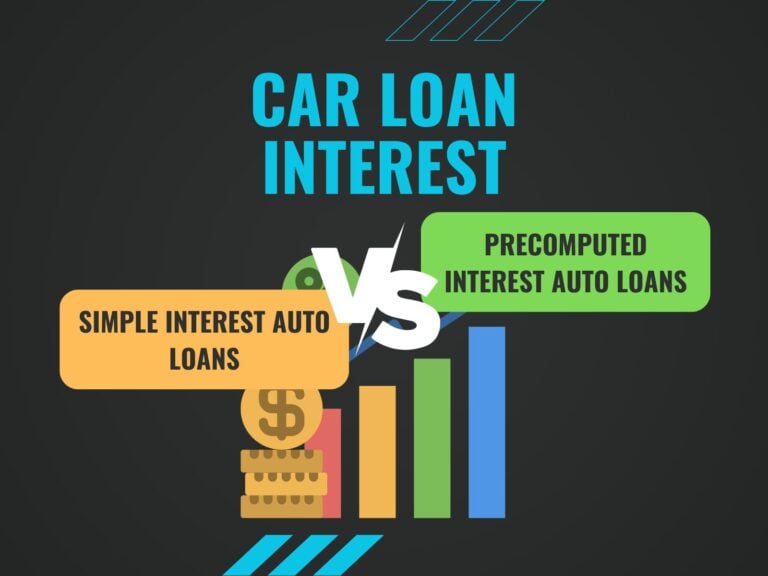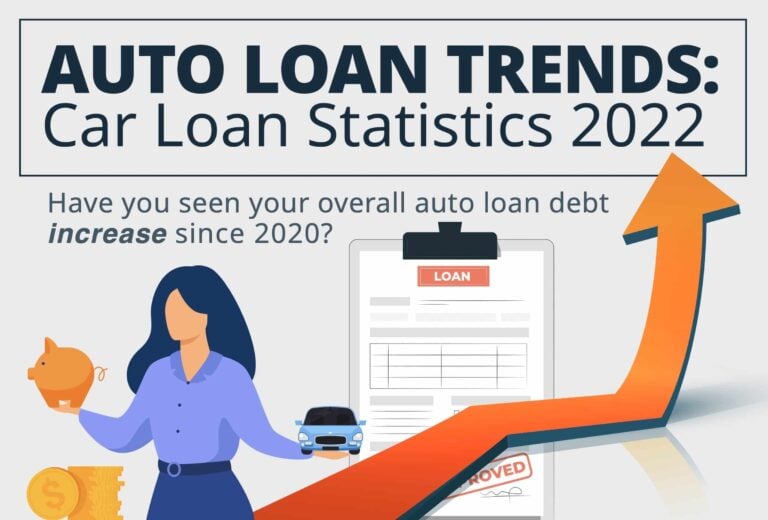Washington Debt Settlement
The state of Washington, with approximately 7.4 million residents, includes the thirteenth highest population within the United States, while covering an area of 71,362 square miles that places it 18th in terms of geographic size. Washington State falls right in the middle when it comes to population density, ranking twenty-fifth nationally.
Approximately 60% of Washington’s residents live in the Seattle Metropolitan area, and Washington is the second most populous state on the West Coast, right behind California. Apart from being a leading lumber producer, Washington is the country’s leading producer of apples, pears, sweet cherries and hops, and ranks second only to California in the production of wine.

Other produce including apricots, asparagus and grapes, along with livestock and livestock products make significant contributions to farming revenue, while commercial fishing of salmon and halibut make significant contributions to overall state revenue.
The Washington economy is one of the country’s strongest, generating a gross state product of $569 billion in 2018, placing it tenth in the nation while growing at the fastest rate annually of any state in the union at 5.7%. Important industries for the Washington economy include aircraft, automotive, software development, telecom, biotechnology, lumber, mining and beverages.
As of December 2018, the state’s unemployment rate was 4.3%. Washington’s median household income level of $70,979 (11th highest in the U.S.) is more than 12% higher than the national median household income level of $63,030.
Washington Economic and Debt Statistics
According to the Bureau of Labor Statistics, Washington’s unemployment rate stood at 4.3% as of December 2018, slightly higher than the national unemployment rate of 3.9%.
Washington residents tend to carry higher amounts of credit card debt than do citizens of many other states, checking in at an average level of $8,108 – fifteenth in the nation and 13% less than the national average of indebted households of $9,333.
Washington Economic and Debt Statistics
Meantime, compared with the 2019 nationwide average FICO score of 703, the typical Washington resident’s 2019 FICO score registered somewhat higher at 723, ranking in a four-way tie at 7th-10th in the nation.
According to the St. Louis Fed, as of Q4 2018, the Washington home ownership rate checked in at 64.9%, right in line with the national average, while a recent Experian report shows average mortgage debt level rose to $262,641, an increase of 3.1% compared to 2018, and ranks it as fourth-highest in the country.
The median sales price for a home in Washington during 2019 was $365,240. Regarding student loans, data compiled at the end of 2017 indicates that the state of Washington has the sixth-lowest average student loan debt per student borrower at $22,026, up 23.8% since 2007.
Washington ranked thirteenth lowest (38th in the country) in the percentage of college graduates carrying debt at 51.5%.
Washington Residents and Debt Settlement
If you are a resident of Washington and are currently burdened by high levels of unsecured debt – including credit card accounts, private student loans, unpaid medical bills and personal loans – the process of pursuing debt settlement may make sense for you.
Debt settlement occurs when a debtor successfully negotiates a payoff amount for less than the total balance owed on a debt. This lower amount is agreed to by the creditor or collection agency and is fully documented in writing. Ideally, this lower negotiated amount is paid off in one lump sum, but it can be paid off over time.
Though creditors are under no legal obligation to accept debt settlement offers, negotiating and paying lower amounts to settle debts is far more common than many people realize.
Washington Consumer Debt Laws
Credit Card companies and other creditors are permitted to contact Washington residents directly regarding debts, particularly in a situation involving delinquent payments.
However, debt collection agencies are required to comply with the the Federal Fair Debt Collection Practices Act (FDCPA), and are therefore prohibited from taking certain actions.
Under the FDCPA, collection agencies are prohibited from informing employers about a debt or attempting to collect a fee in excess of any debt owed. Debt collection agencies are also prohibited from communicating in a manner that simulates a judicial process or gives the appearance of a governmental action.
Additionally, debt collection agencies are prohibited from contacting debtors or debtor family members at unusual hours or with a frequency that may be reasonably construed under the law as harassment or abuse.
Additionally, the Washington State Collection Agency Act prohibits intimidating, threatening or harassing conduct in connection with the collection of a debt. The law is intended to protect consumers while preventing abusive practices by debt collectors.
Under the Act, collection agencies are disallowed from contacting an individual or spouse more than three times per week, communicating at a workplace more than once weekly, and prevented from making threats of criminal prosecution, force, or violence.
While collectors are also prohibited from threatening an impaired credit rating, they are permitted to notify a delinquent debtor that a debt can be reported to credit reporting agencies, resulting in damage to a credit score.


Washington Statute of Limitations on Debt Collection
When sufficient time passes in a situation in which consumer debts have gone unpaid, a debt collector can lose the legal right to sue for non-payment. In the state of Washington, the statute of limitations on debt collection will vary according to the type of debt involved.
For written contracts and accounts receivable, the statute of limitations is six years. Oral contracts have a statute of limitations of three years. Meantime, recovery of property and judgments can only be pursued in court within a ten year time limit. For any time period, the clock begins ticking from the “date of default,” which is typically thirty days after the last payment was actually made.
When debts remain unpaid prior to the statute time period elapsing in full, creditors maintain legal right to sue you for non-payment and are permitted to engage debt collection agencies who can make persistent attempts at collection – provided they remain within the bounds of the FDCPA and Washington State Collection Agency Act.
Debt Settlement - Do It Yourself?
Getting out of debt is never an easy process. If debt settlement is the right avenue for you to pursue, be honest with yourself. Decide whether you possess the background, strength and fortitude to negotiate directly with creditors yourself – or whether engaging the services of an experienced and reputable debt settlement company will serve your needs best.
Remember, the goal is to save the greatest amount of money and time while minimizing any ensuing damage to your credit score and profile. A reputable debt settlement company will provide a realistic estimate and time frame for making offers to your creditors that can ultimately result in settlements that save you significant amounts of money, time, and aggravation.
Contact us here at United Settlement, where our experienced credit counselors possess relationships with the major credit card lenders and a broad understanding of the debt marketplace. We can help you navigate these waters successfully.
Debt Resources & Additional Reading
Washington State Debt Settlement FAQ
Yes, if you are a resident of Washington state and are currently burdened by high levels of unsecured debt – including credit card accounts, personal loans, unpaid medical bills and private student loans, United Settlement can assist you with the process of pursuing debt settlement. Debt settlement occurs when a debtor successfully negotiates a payoff amount for less than the total balance owed on a debt. Contact us here at United Settlement, where our experienced credit counselors possess relationships with the major credit card lenders and a broad understanding of the debt marketplace. We can help you achieve the peace of mind that comes with living a debt-free lifestyle.
Yes, United Settlement offers debt consolidation services in Washington state. The process of debt consolidation involves combining and paying off multiple debts with one single loan, typically resulting in a lower blended interest rate and monthly payment. Debt consolidation provides the dual benefits of streamlining the repayment process while simultaneously lowering interest expense and the total amount repaid over time.
When sufficient time passes in a situation in which consumer debts have gone unpaid, a debt collector can lose the legal right to sue for non-payment. In the state of Washington, the statute of limitations on debt collection will vary according to the type of debt involved. For written contracts and accounts receivable, the statute of limitations is six years. Oral contracts have a statute of limitations of three years. Meantime, recovery of property and judgments can only be pursued in court within a ten year time limit. For any time period, the clock begins ticking from the “date of default,” which is typically thirty days after the last payment was actually made.
Debt collectors can garnish wages in the state of Washington, but only after suing a delinquent debtor and successfully obtaining a court judgment that allows for wage garnishment within certain restrictions. In Washington state, a creditor can garnish 25% of a delinquent debtor’s weekly disposable income, or weekly disposable earnings minus 35 times the federal minimum wage – whichever amount is less.
In the state of Washington, the statute of limitations on debt collection for written contracts and accounts receivable is six years. Oral contracts have a statute of limitations of three years, while recovery of property and judgments can only be pursued in court within a ten year time limit. For any time period, the clock begins ticking from the “date of default,” which is typically thirty days after the last payment was actually made. It is important for consumers to be aware of these statutes of limitations, as debt collectors will often buy portfolios of debt and pursue collection without full awareness of whether the debt is actually expired. When a debtor mistakenly makes a payment on a debt that has already expired beyond the statute of limitations, it can re-set the clock, re-aging the debt, much to the disadvantage of the debtor.
Additional Related Insights & Articles







Debt Relief Reviews

Ready To Get Started?
See if you qualify for debt relief. Get a Free savings estimate to see how quickly you can be debt free.
Embrace financial freedom with our tailored solutions, expert guidance, and unwavering commitment to your success.
Experienced Professionals
Our experienced team has helped thousands of clients successfully eliminate debt and regain financial freedom.
Customized Solutions
We know every financial situation is different, so we design personalized debt relief plans to fit your specific needs and goals.
High Success Rate
Our proven debt relief strategies deliver real results. With a strong track record of success, we help clients achieve lasting financial stability.
Confidential Consultation
Your privacy is our priority. All debt relief consultations are 100% confidential and handled with the highest level of discretion.



